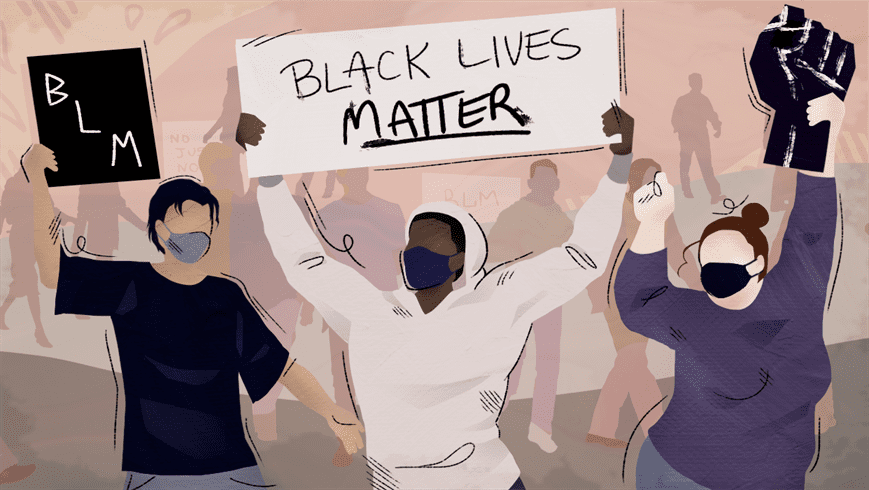As an Asian American, I have experienced different types of discrimination throughout my life. People have felt it necessary at times to use racial slurs to describe me. As a child, adults would shame me for having LGBTQ parents. I have been praised for speaking “good American,” and told despite being a minority, I was a “safe” one.
It is important to recognize my exposure to ignorance and hatred, but it is only a small sliver of what Black Americans live through on a daily basis.
I am socioeconomically privileged. I was raised in a home accepting of my sexual orientation and gender identity, and as a model minority I was never given a reason to fear the police.
In many ways, I cannot fully empathize nor understand the experiences of my minority peers. I’m working to educate myself and address both systemic and individualized racism within my own life. I am using my privilege and agency to talk about the ideological climate in which we all live.
I believe silence and complacency promote what I do not protest. The ability to stay silent during times of injustice is, itself, a privilege.
The Black community has been speaking up for hundreds of years, waiting for anti-racist change. But, a lifetime of explaining racism is exhausting. It’s emotionally draining to explain to those who don’t believe you, or those who ask, “How can you know this happened because of race?”
To be truly anti-racist we must educate ourselves and others and check our implicit biases and privileges. As Americans, each of us have a different set of privileges and implicit biases. Having privilege and implicit bias does not make you a racist, it makes you a human being who was raised in a system which normalizes racially biased rules.
Many Black people experience scenarios where they don’t know if they will live to see the next day. Some of my own friends have been harassed by police, put on the ground, handcuffed and choked. Their crimes were driving home from a friend’s house, photographing architecture and walking to work, respectively.
The Black community has watched peaceful movements for equality be met with lynchings, shootings and consistent institutionalized racism. They have been asking for equity and justice for too long and they need the support of nonblack Americans to stand up against institutional racism.
Less than 25% of Americans are BIPOC (Black, Indigenous and/or people of color). Even if all nonwhite identifying Americans banded together to support the Black Lives Matter movement, it would still not be enough to create lasting change.
The support of individuals from outside the targeted demographic is crucial in a time when human rights are being threatened. We have strength in numbers and the only way we will create lasting change is if we speak up and stand in solidarity together. This is not an issue of politics, but one of human rights.
If you’re a human being, this is your issue too.



